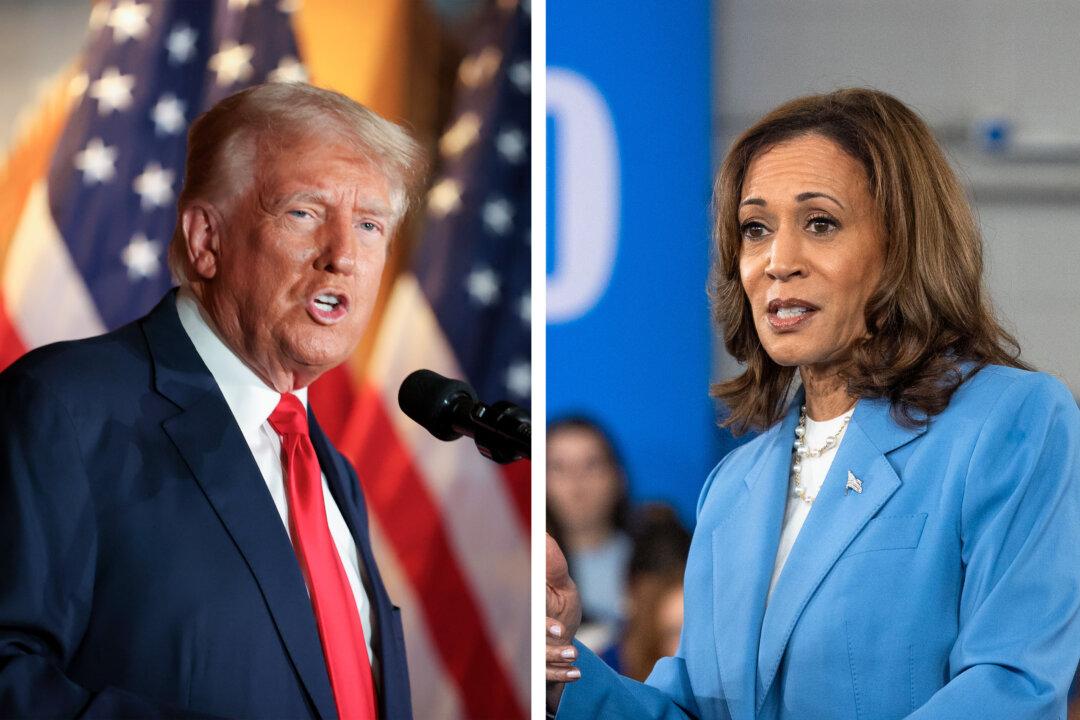According to FiveThirtyEight’s Oct. 22 aggregate of opinion polls, Democratic Vice President Kamala Harris and Republican former President Donald Trump are in a tight race—49 percent to 51 percent respectively—for the presidency.
Although presidential race opinion polls have always been close, until recently, Harris has consistently held slight advantages of around 2 percent since she succeeded President Joe Biden as the Democratic nominee on July 21.





